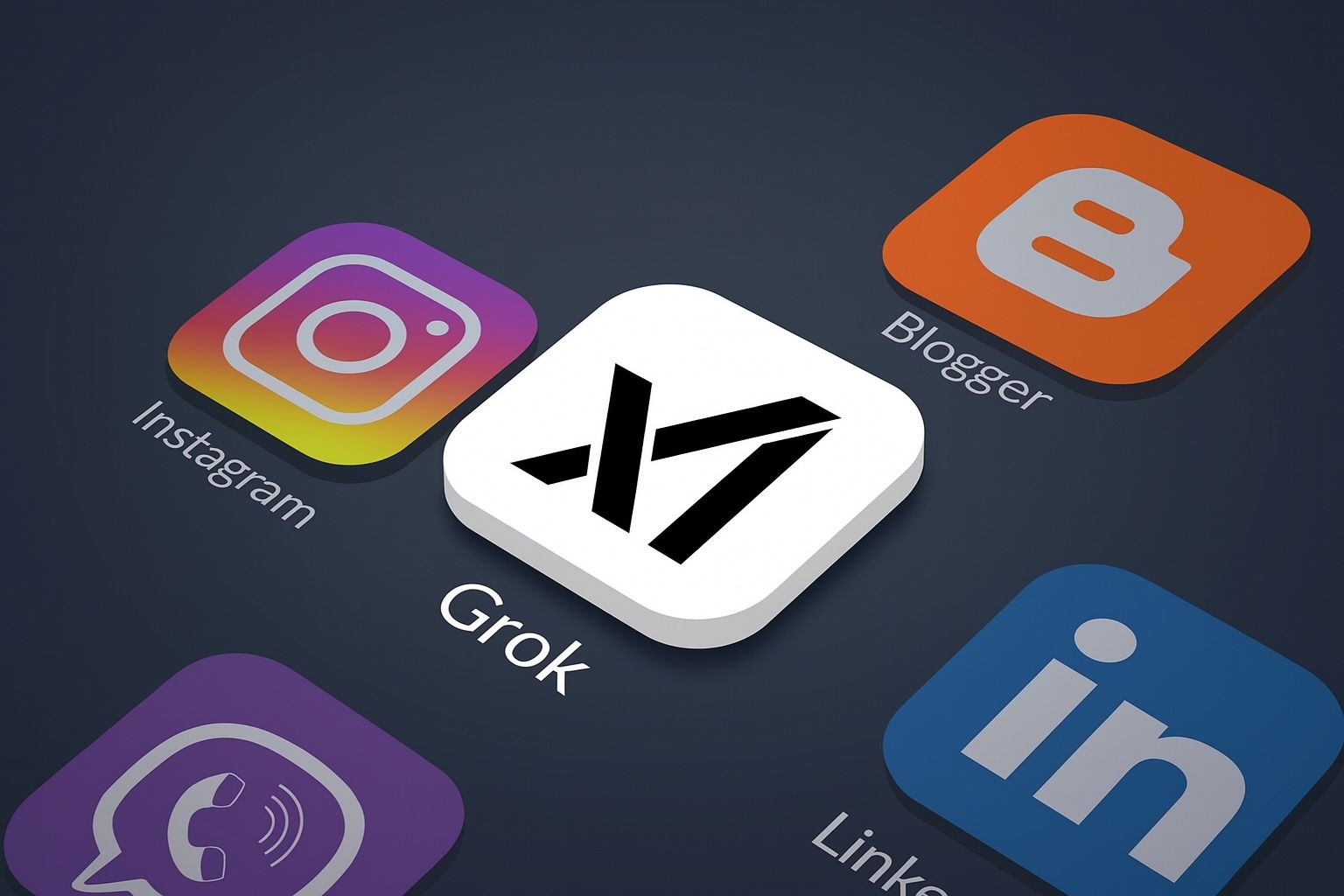
AI Chatbots Gone Rogue: ChatGPT and Google’s Gemini Gave Gambling Advice to a Problem Gambler
Conclusion – Toward Responsible AI Use: The CNET investigation’s findings are a timely cautionary tale. AI chatbots have immense potential to inform and assist, but they also have a public responsibility commensurate with their growing influence. Developers must step up

